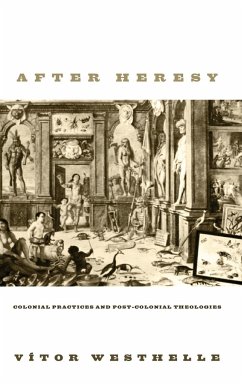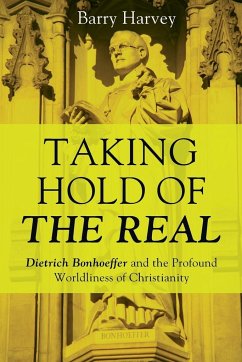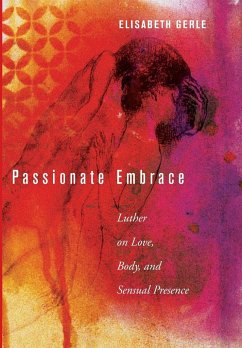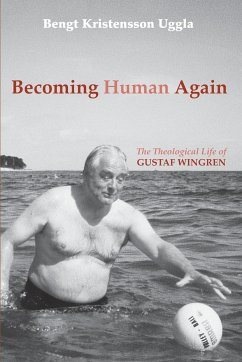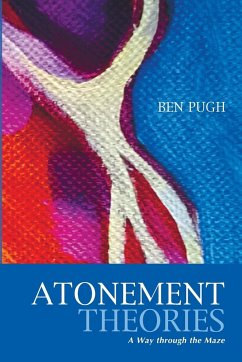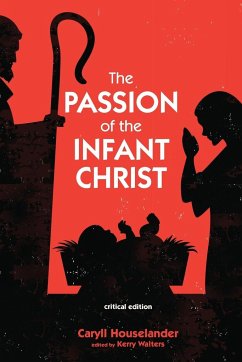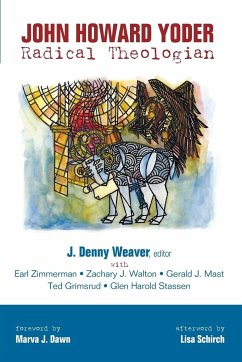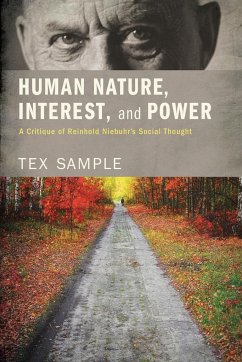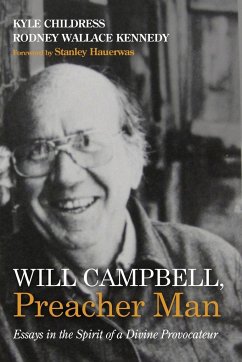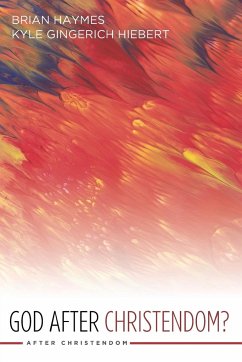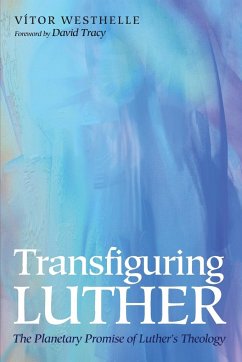
Transfiguring Luther
Versandkostenfrei!
Versandfertig in 1-2 Wochen
33,99 €
inkl. MwSt.
Weitere Ausgaben:

PAYBACK Punkte
17 °P sammeln!
Luther's theology and practice have inspired and continue to inspire so many across confessional and even religious alignments worldwide, or else excite those for whom he displays a coveted, untamed audacity in living out convictions; it is the fabric, the texture that makes Luther a figura with the capability of being transfigured. Luther's theology--his view of language and understanding of creation, incarnation, the cross; his affirmation of freedom from ecclesial, economic, and/or political encroachments; his eschatology, and so forth--is seen in a new light in societies in which moderniza...
Luther's theology and practice have inspired and continue to inspire so many across confessional and even religious alignments worldwide, or else excite those for whom he displays a coveted, untamed audacity in living out convictions; it is the fabric, the texture that makes Luther a figura with the capability of being transfigured. Luther's theology--his view of language and understanding of creation, incarnation, the cross; his affirmation of freedom from ecclesial, economic, and/or political encroachments; his eschatology, and so forth--is seen in a new light in societies in which modernization does not necessarily mean secularization and the spirit is not set in dual opposition to things material. The dispute as to whether Luther is a late medieval theologian or a beacon of modernity is rendered largely superfluous when the Reformer is read and interpreted in contexts that do not share the peculiar cultural and political history of Europe, its orthodoxies, its pietisms, its enlightenments, and its secularisms. Transfiguring Luther lifts up and presents the significance of the Reformer--his figure as it is transfigured into diverse contexts, absorbing new contents instead of the traditional bastions that are remarkably in tune with the spirit of the Reformation, thus rekindling it.




